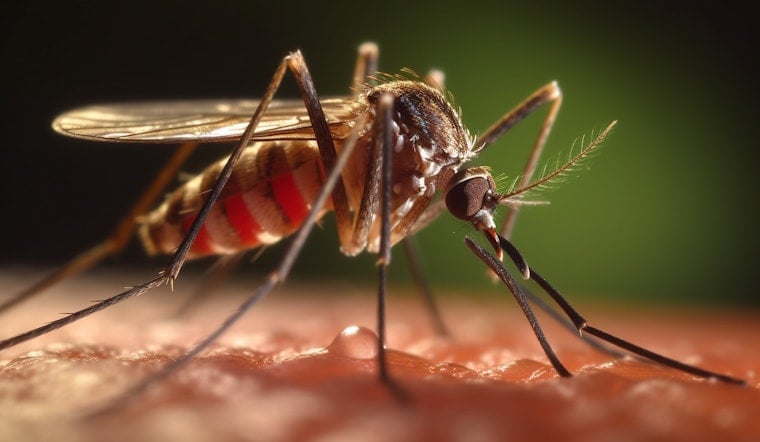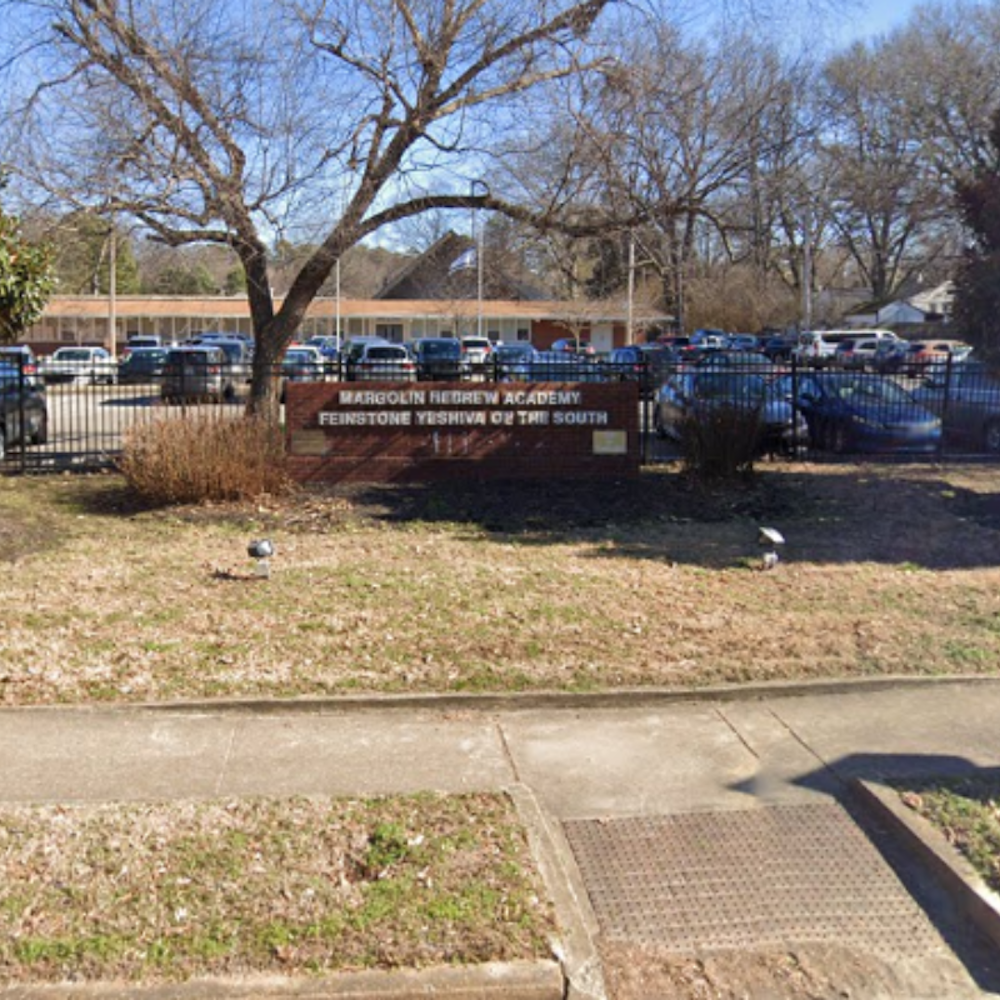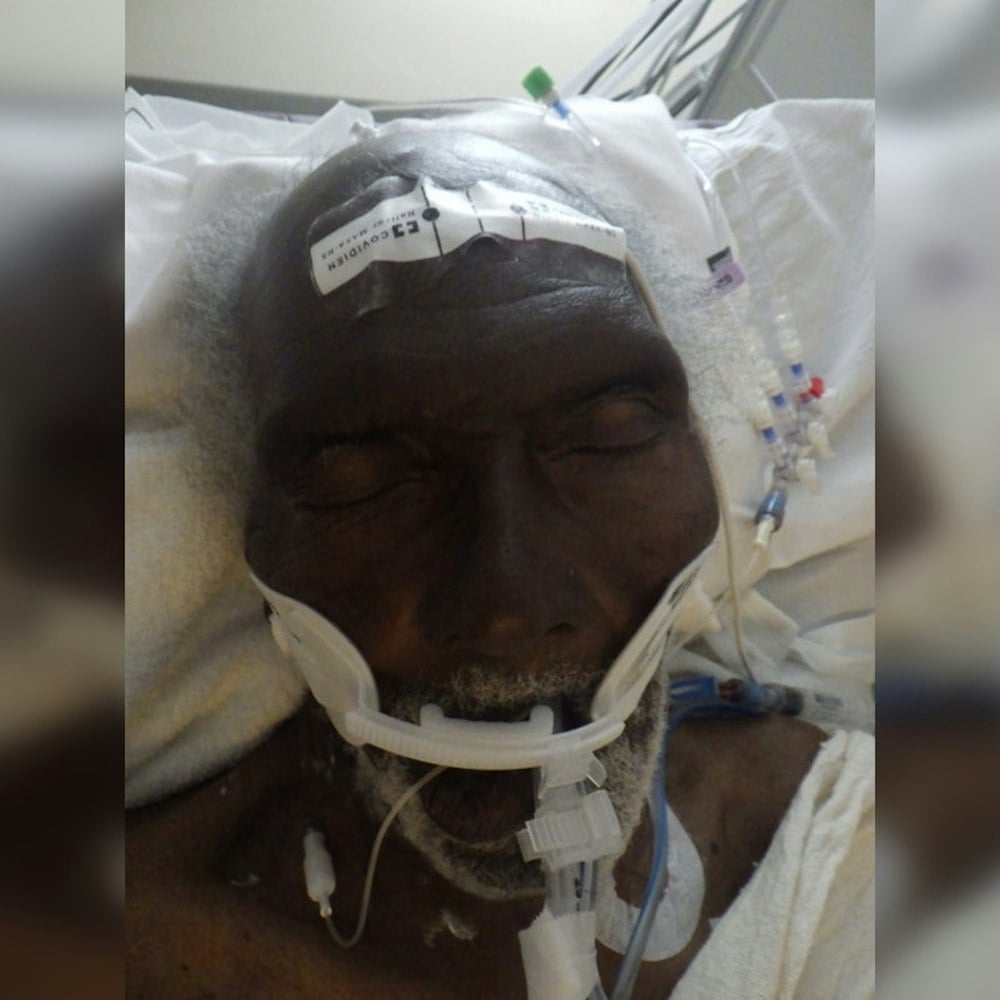
As August gives way to September, Massachusetts is confronted with the first two human cases of West Nile Virus (WNV) this year, as reported by the Massachusetts Department of Public Health (DPH) yesterday. The cases involve a female in her 70s who was exposed to the virus outside the state and a male in his 40s who was exposed within Middlesex County, an area already recognized to be at moderate risk.
This revelation by the DPH comes at a time when mosquito populations capable of carrying and spreading the virus are noticeably substantial. Several parts of the Commonwealth, including Middlesex County and the Greater Boston area, are already flagged as moderate-risk areas for human infections. Accompanying these risk assessments, there has been a recent uptick in the number of WNV-positive mosquito samples from various parts of Massachusetts, as mentioned by Public Health Commissioner Robert Goldstein.
The confirmation of these cases follows last year's identification of eight WNV infection cases among Massachusetts residents and serves as a sobering reminder of the persisting threat posed by mosquito-borne diseases. While WNV can infect individuals of all ages, people above 50 have higher chances of developing severe illness. In most instances, WNV infections go unnoticed, with no symptoms presenting. However, when present, symptoms can range from fever and flu-like illness to more severe cases in rare instances, as reported by the Boston.com news.
Regarding the timing of these cases, State Epidemiologist Catherine M. Brown points out that Massachusetts residents are at the highest risk of exposure to WNV in August and September. Emphasizing that mosquitoes carrying the virus will persist for several months after summer, she urges residents to take necessary precautions for avoiding mosquito bites. The DPH has shared several recommendations for avoiding mosquito bites and mosquito-proofing homes, including using insect repellants containing EPA-registered ingredients, drain standing water, wear protective clothing, be cautious of peak mosquito hours, and install or repair window screens.
These precautions are vital not only for human health but also for animals who can be affected by mosquito-borne diseases. Animal owners can take proactive measures by reducing possible mosquito breeding sites on their properties, as well as keeping horses in indoor stalls at night to minimize their exposure to mosquitoes. In addition, veterinarians can provide information on mosquito repellents approved for use in animals and vaccinations against WNV and Eastern Equine Encephalitis (EEE).
The DPH's recent announcement marks the beginning of Massachusetts's ongoing struggle with WNV in 2023. While it is crucial to maintain awareness and take precautionary measures, public health officials also urge residents to stay informed about the latest developments on WNV and EEE activities. Updated information is available on the Arbovirus Surveillance Information web page. In the coming months, being proactive and staying informed can go a long way in preventing further spread of West Nile Virus and ensuring a safer environment for all residents.









